We may earn money or products from the companies mentioned in this post. This means if you click on the link and purchase the item, I will receive a small commission at no extra cost to you ... you're just helping re-supply our family's travel fund.

Travel is easiest when small habits do the heavy lifting. The simplest moves—sorting documents, carrying a tiny repair kit, or knowing how to ask for help—turn friction into calm. These skills are practical, often invisible, and learned quickly on the road. Each entry below focuses on a single, useful habit that improves comfort, safety, or pleasure, so trips unfold with fewer surprises and more time for what matters: curiosity, conversation, and the pleasure of being somewhere new.
Pack With Purpose
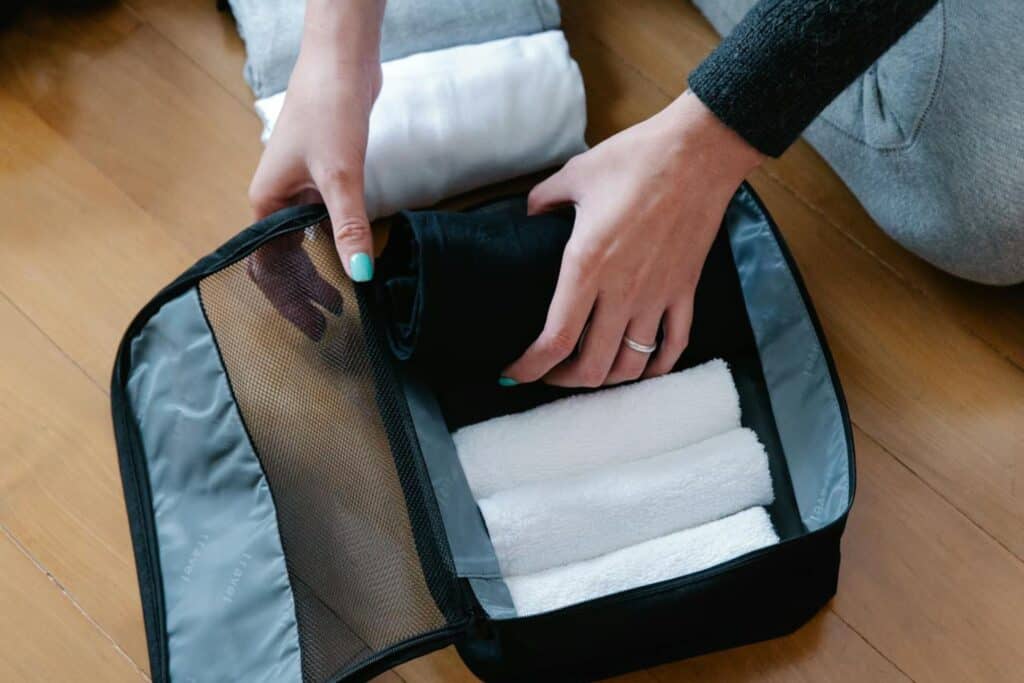
Packing well begins with less, not more. Prioritize items that serve multiple purposes, arrange them so essentials are reachable, and compress bulk into layers rather than lumps. A modest carry-on set of core items plus a small day bag reduces hurry, eliminates gate-check panic, and keeps the next city feeling like a reachable promise instead of a logistical headache.
Carry A Minimal Repair Kit
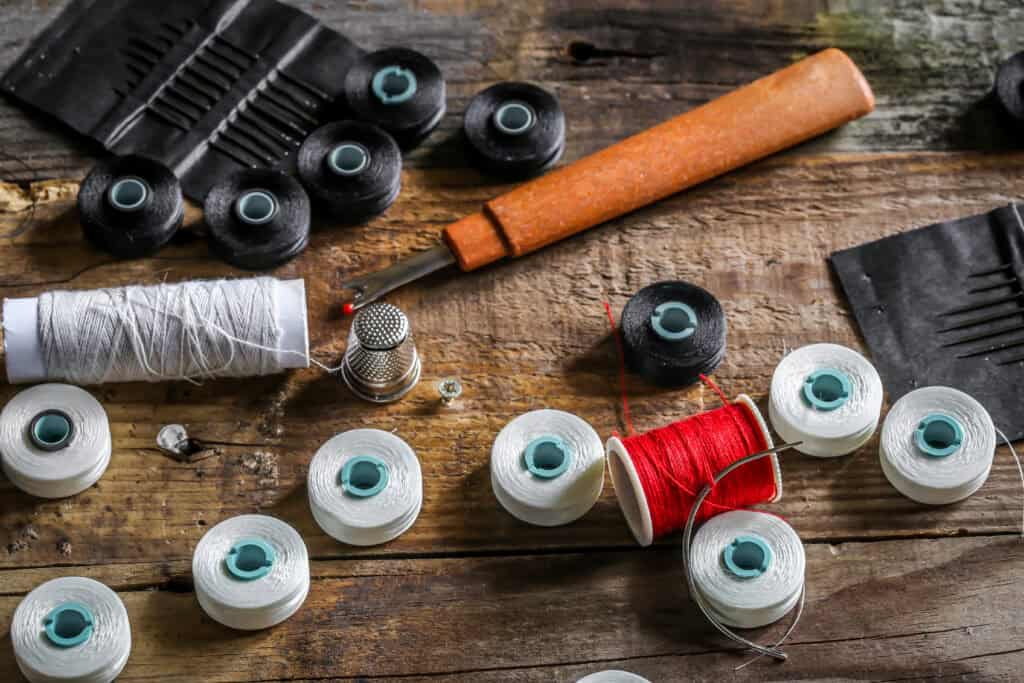
A few grams of thread, a needle, duct tape, and a spare buckle solve a surprising number of problems. The kit can patch torn straps, seal a small tent leak, or hold a broken zipper together until a proper fix. Repairing in the field turns a potential trip-ender into a small afternoon task and keeps momentum moving toward the next place.
Master Local Address Screenshots
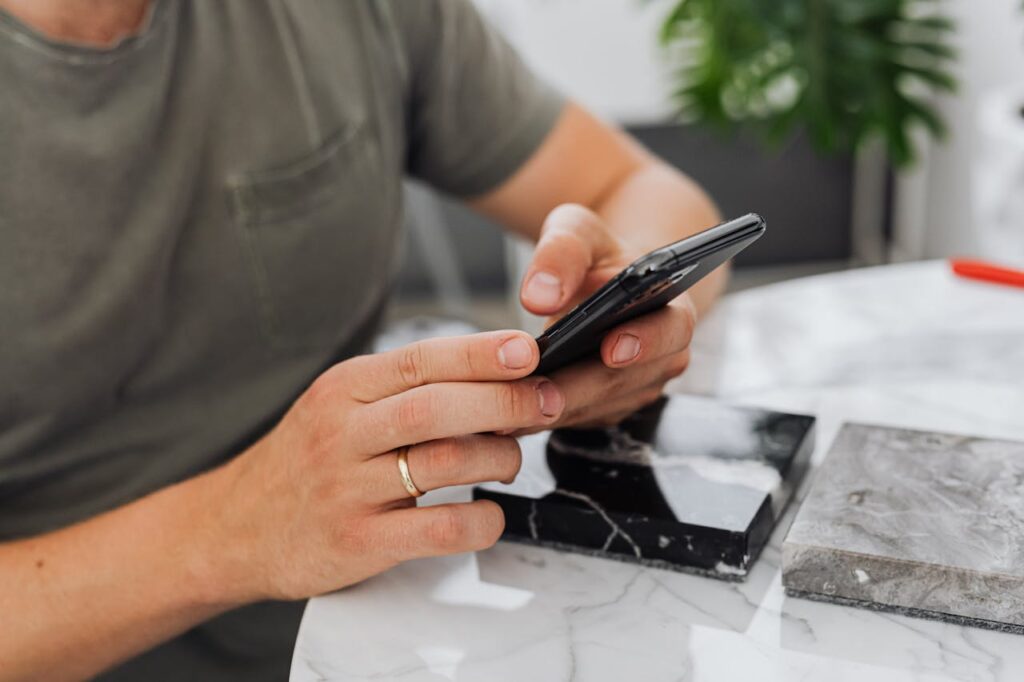
Save the hotel name, address in the local script, and a map pin as screenshots and a short text note. Drivers, ticket agents, and reception desks respond best to clear, local-language references when signals or apps fail. This small habit prevents long navigation pauses and removes the awkwardness of trying to translate on the fly.
Use Offline Maps And Waypoints
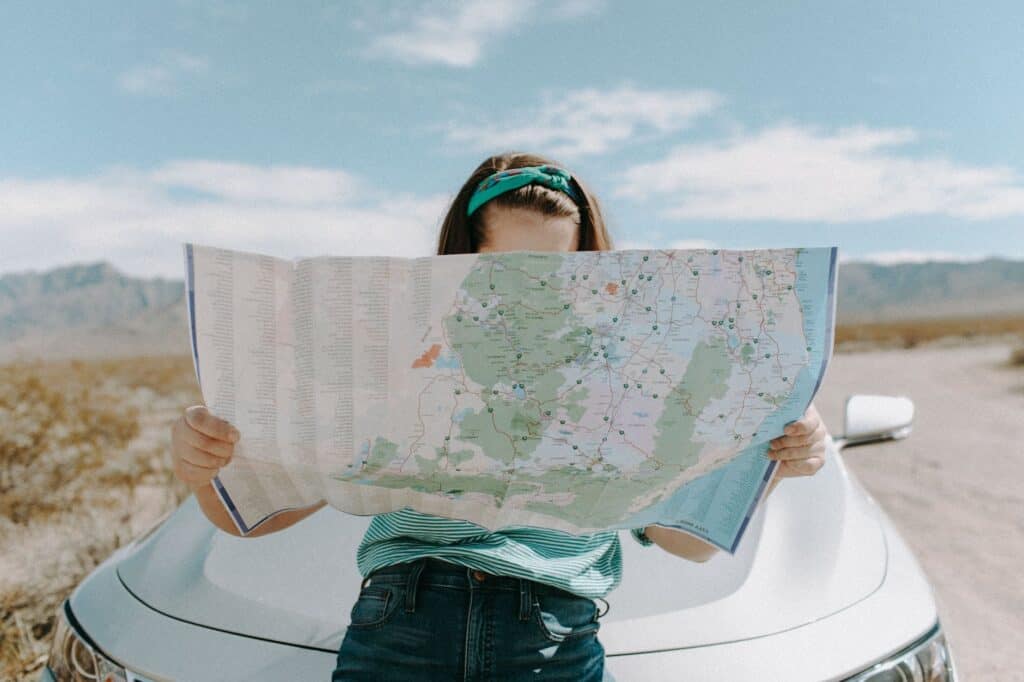
Download offline map tiles and mark key waypoints before arriving. Offline routing and cached transit lines remove reliance on roaming or shaky Wi-Fi and keep travel plans intact when connections drop. A handful of saved pins—hotel, station, embassy, and a favorite cafe—turns a phone into a reliable field map.
Learn A Few Local Phrases
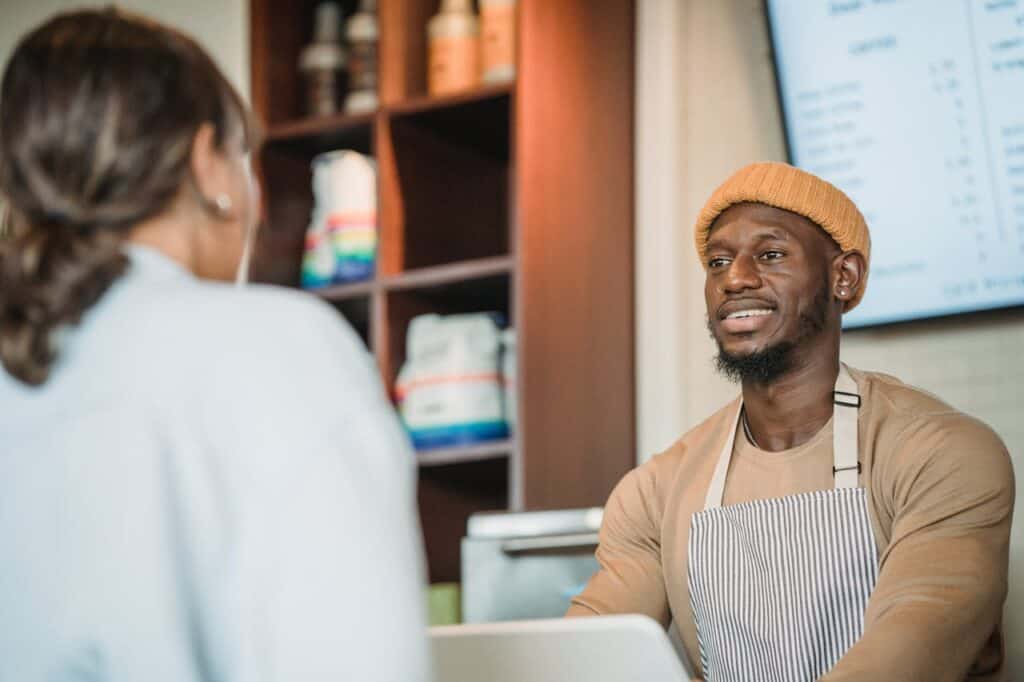
A short list of polite phrases—hello, thank you, I need help, where is—carries disproportionate weight. Pronunciation matters less than tone and effort. Using basic language shows respect, unlocks friendlier responses, and often gets quicker help than fumbling with translation apps in crowded moments.
Carry Small Local Currency And A Card Plan
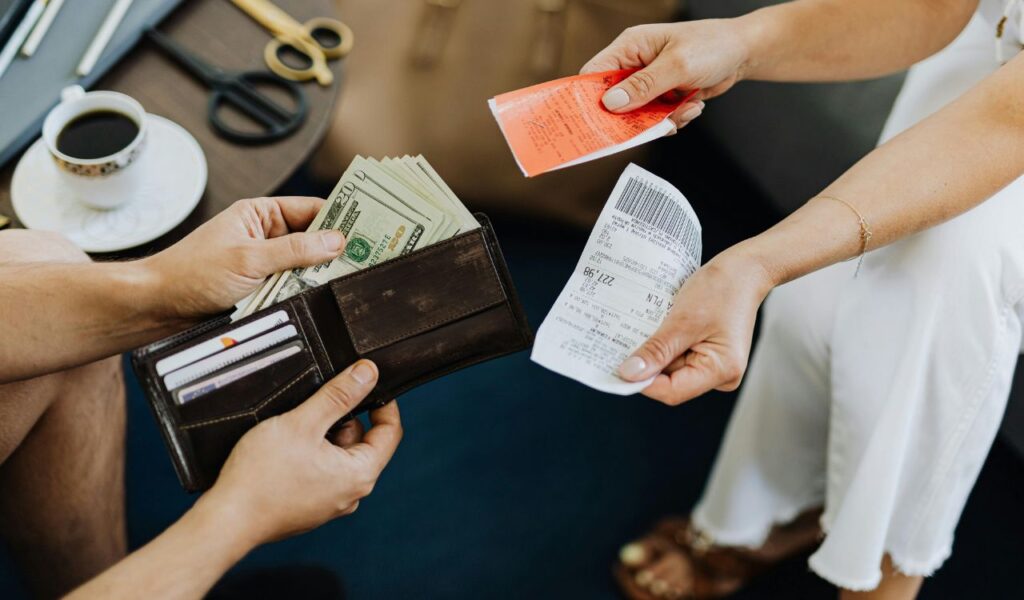
Hold both small-denomination cash and a well-chosen card to cover different situations. Some vendors prefer cash, others accept cards only, and ATMs vary by fee and availability. A simple plan—how much to withdraw, where to spend each form of payment, and which bank to call for issues—keeps transactions quick and predictable.
Master Public Transit Basics
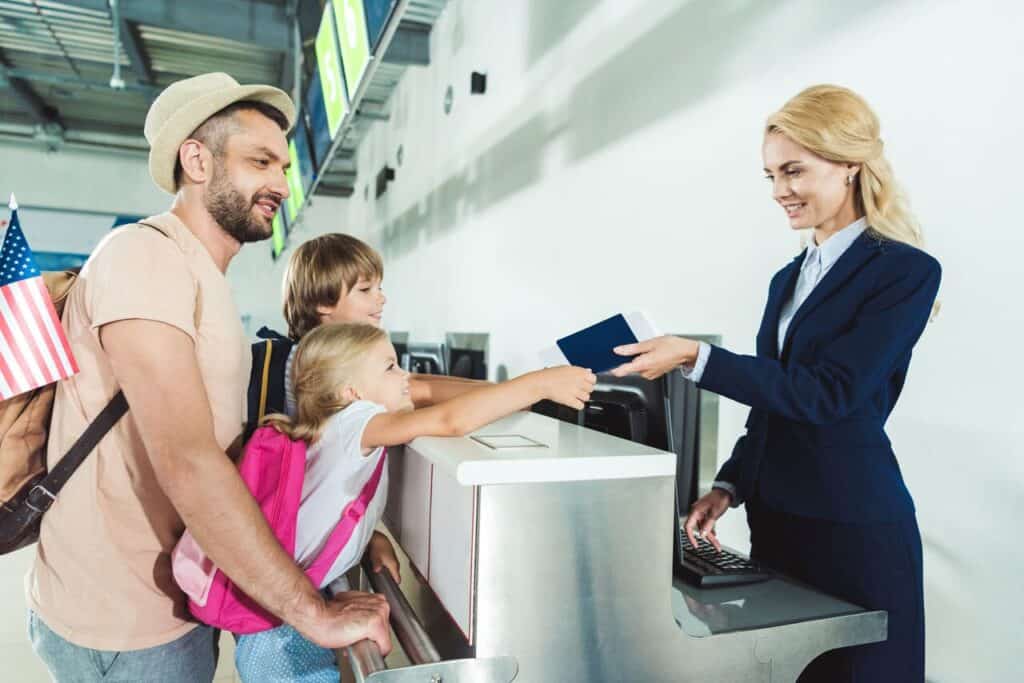
Learn how the local transit passes, ticket validators, or top-up kiosks work before peak travel days. Knowing which window to stand in, how to tap, and where to queue saves time and avoids fines in systems that police travel rigorously. A smooth ride is mostly preparation, not luck.
Practice Quiet Photo Etiquette
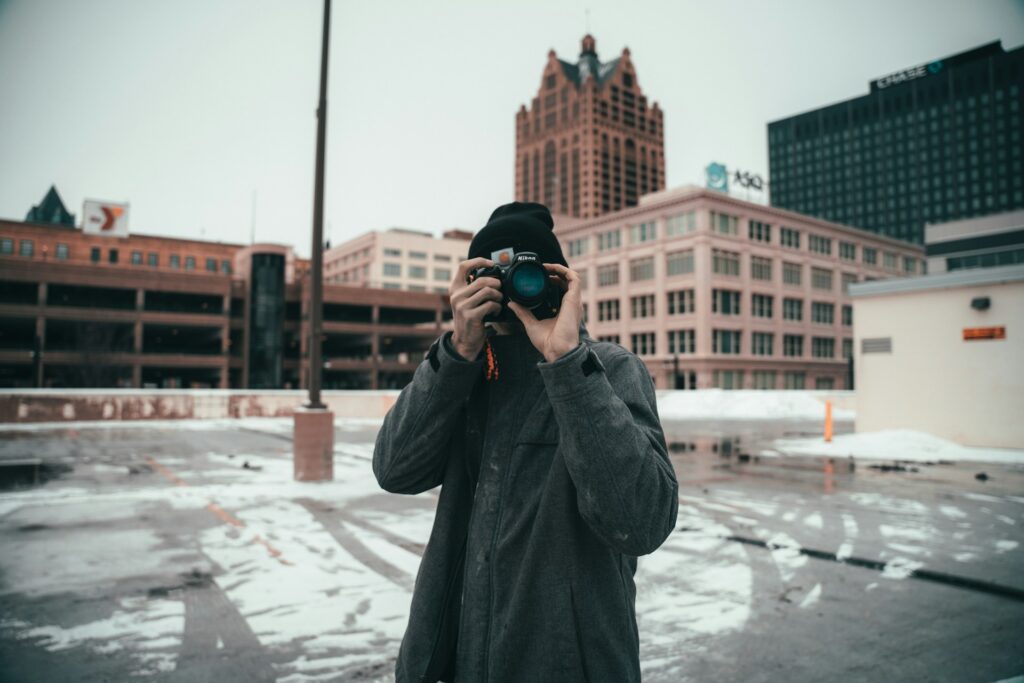
Frame photos quickly, avoid blocking walkways, and respect no-photo signs at religious or performance spaces. Asking once and offering a small tip when a posed shot involves a local performer maintains goodwill. A practiced photographer moves with discretion, which leads to better shots and fewer social awkwardnesses.
Read Weather And Plan Buffers
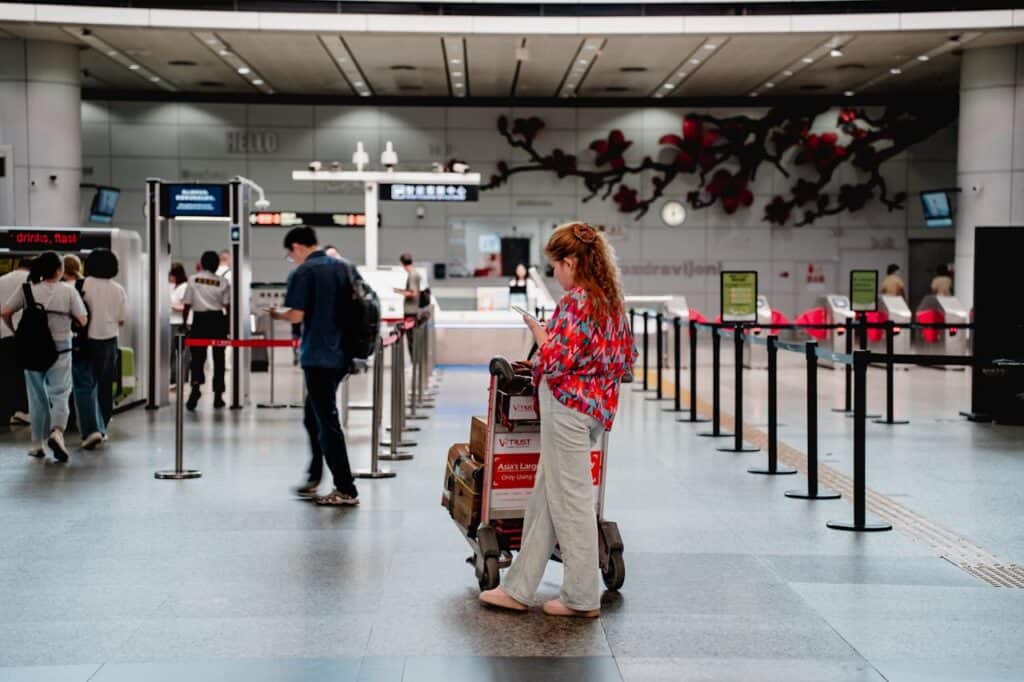
Check local forecasts and plan with simple buffers: an extra hour for transit, a dry-route alternative, and a midday shelter option. Weather often alters day plans more than anything else. Adding small time cushions keeps the day flexible enough to enjoy the moment without racing to the next stop.
Keep A Lightweight Medical Kit And Notes
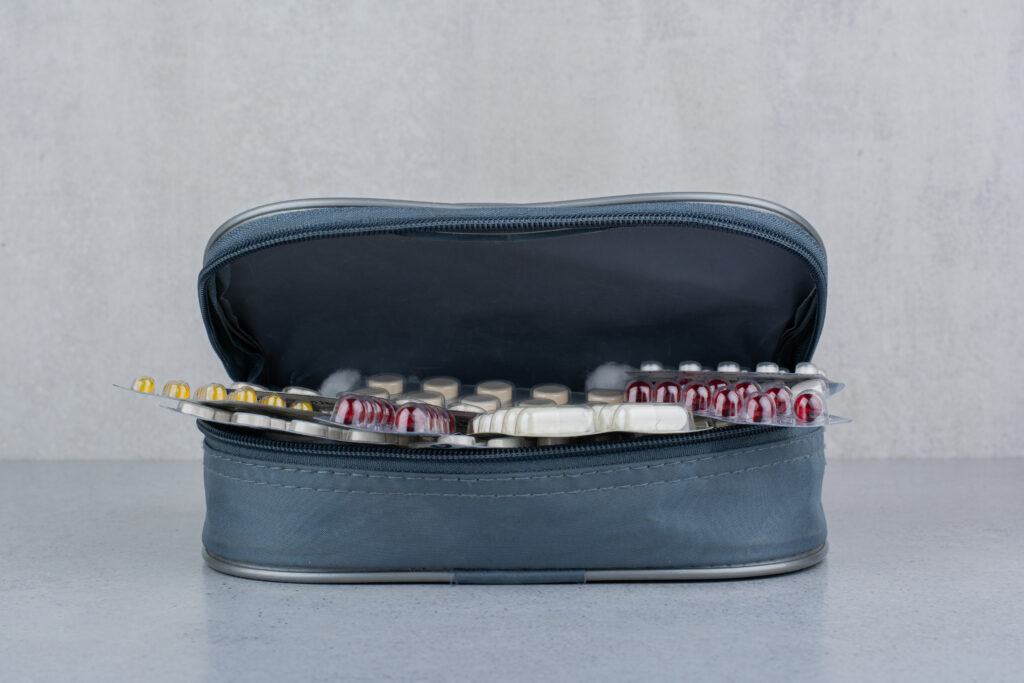
Carry a compact medical kit, prescriptions in original containers, and a short medical note listing allergies and important conditions. Include local emergency numbers saved in the phone and a photocopy of insurance details. Preparedness here is practical, discrete, and often the clearest path to calm when an unexpected scrape or fever appears.